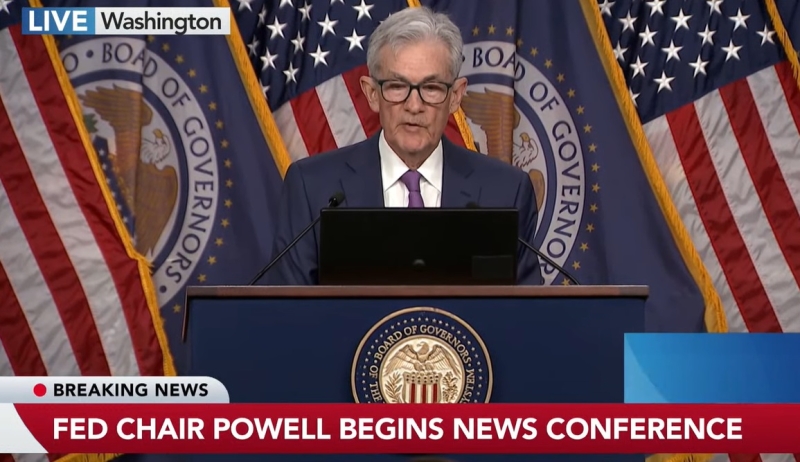
Mortgage Rates Dip As Inflation Eases

Decline leads to optimism about a stable rate environment and a potential rise in home sales in the upcoming year.
The latest Consumer Price Index report, signaling easing inflation, has led to a decrease in mortgage rates this week, fueling speculations that the Federal Reserve might hold off on raising rates in December.
According to the Freddie Mac Primary Mortgage Market Survey on Nov. 16, the 30-year fixed-rate mortgage averaged 7.44%, a slight dip from 7.5% the previous week. This rate, however, remains significantly higher than last year's 6.61% at the same time.
The 15-year fixed-rate mortgage also saw a reduction, dropping 5 basis points to 6.76% from 6.81% a week earlier. In comparison, it stood at 5.98% a year ago.
“For the third straight week, mortgage rates trended down, as new data indicates that inflationary pressures are receding,” said Sam Khater, Freddie Mac’s chief economist. “The combination of continued economic strength, lower inflation, and lower mortgage rates should likely bring more potential homebuyers into the market."
Earlier this week, National Association of Realtors Chief Economist Lawrence Yun said existing home sales will rise by 15% next year and he expects rates will drop to 6-7% by the spring buying season.
The Federal Reserve Open Market Committee will meet one more time year year and while it doesn't set mortgage rates, it can influence mortgage interest rates by adjusting the federal funds rate and buying or selling bonds and mortgage-backed securities.
"We have believed for some time that the Fed is done raising rates this cycle, and this report supports that thesis," Marty Green, principal in Polunsky Beitel Green, said following Tuesday's Consumer Price Index report. "We expect the Fed to continue to keep their rhetoric about their readiness to raise rates if necessary, but believe, based on the trend of recent reports, that they will see little reason to do so."
Yun also believes that the Fed Funds rate as well as mortgage rates, have peaked, but "the question is when are rates going to come down?"
In October, shelter inflation was the largest factor in the monthly increase in the index for all items less food and energy. The CPI for shelter, a lagging indicator, was up 0.3% from the prior month and 6.7% the previous year.
"As we head into 2024, rent and house price declines from the past year will increasingly drag down overall inflation," Ksenia Potapov, an economist at First American Financial, said in a statement. "At this point, the Federal Reserve's greatest inflation-fighting virtue will be patience."




